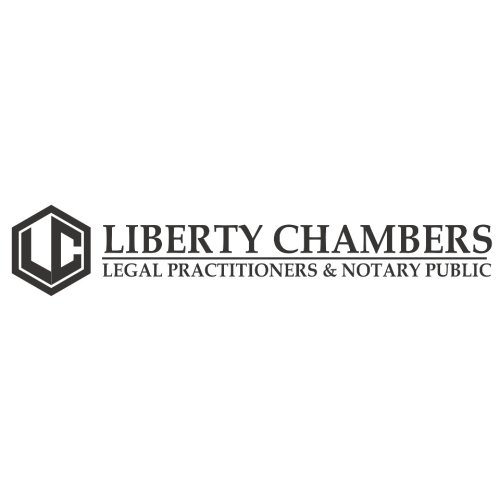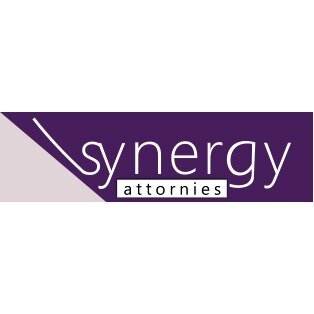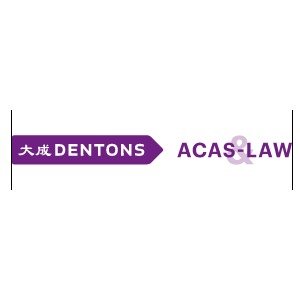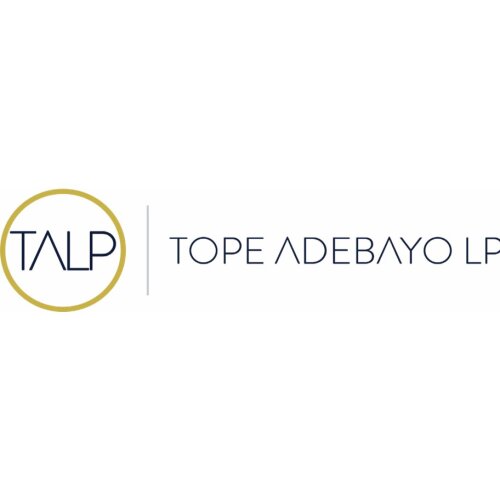About Sexual Harassment Law in Nigeria
Sexual harassment in Nigeria is increasingly being recognized as a critical issue that needs to be addressed both in workplaces and other areas of life. The Nigerian legal framework seeks to protect individuals from unwanted and inappropriate behavior of a sexual nature. Although legislation specifically dedicated to sexual harassment is still developing, several existing laws, including labor and criminal laws, provide measures to safeguard against sexual misconduct. In recent years, public campaigns and awareness initiatives have been on the rise, promoting zero tolerance toward sexual harassment and advocating for victims' rights.
Why You May Need a Lawyer
People may need legal assistance for sexual harassment in various circumstances, including:
- If you have experienced unwanted sexual advances or inappropriate conduct that affects your work environment or personal life.
- When the harassment constitutes a threat to your job security or career advancement.
- If the harassment has resulted in emotional distress or health issues.
- If you face retaliation for rejecting or reporting harassment.
- When the available internal complaint mechanisms at your workplace have failed, and you need further help.
- To explore your legal rights and options for compensation or protection under Nigerian law.
Local Laws Overview
The legal landscape concerning sexual harassment in Nigeria is complex and involves multiple statutes. Some key aspects include:
- Labor Law: The Nigerian Labour Act provides a general safeguard against unfair treatment and emphasizes maintaining a healthy working environment.
- Criminal Code Act: This includes provisions against actions like assault and indecent acts that may constitute harassment.
- Violence Against Persons (Prohibition) Act 2015: This offers protection against harassment and provides avenues for seeking restraining orders against perpetrators.
- Equal Opportunity Bills: Various state and federal initiatives aim to provide a framework for equal rights and consider sexual harassment as a significant barrier to equality.
Frequently Asked Questions
What constitutes sexual harassment in Nigeria?
Sexual harassment is any unwelcome behavior of a sexual nature that creates a hostile or offensive environment. This can include but is not limited to unwanted physical contact, inappropriate remarks, or repeated unwanted advances.
Is there specific legislation addressing sexual harassment in Nigeria?
While Nigeria lacks a singular comprehensive law explicitly dedicated to sexual harassment, various laws offer protection and remedies for affected individuals, such as the Criminal Code and the Violence Against Persons (Prohibition) Act.
Can I report sexual harassment anonymously?
Most organizations allow for anonymous reporting, though it might limit the ability to follow up. It's essential to check the specific mechanisms of your workplace or the body you are reporting to.
What should I do if I experience sexual harassment?
Document the incidents in detail, seek support from trusted individuals, report the behavior using available mechanisms, and consider consulting a lawyer for further legal advice.
Can employers be held liable for sexual harassment in Nigeria?
Yes, employers can be held responsible, especially if they fail to address complaints adequately or do not have a harassment policy in place.
What are the possible legal consequences for the perpetrator?
Consequences can range from disciplinary action at the workplace to criminal charges, leading to fines or imprisonment.
Can men be victims of sexual harassment?
Yes, sexual harassment is not gender-specific, and men can also be victims. The law protects all individuals regardless of gender identity.
Are there time limits for reporting sexual harassment?
Time limits can vary based on the context and specific laws invoked. It's advisable to report incidents promptly to avoid any legal limitations.
Will reporting harassment affect my job?
Retaliation for reporting harassment is illegal. If this occurs, legal actions can be taken against the employer.
Can a lawyer help if internal reporting fails?
Absolutely, a lawyer can guide you through external legal channels and help file a complaint with appropriate legal bodies.
Additional Resources
Consider contacting the following for assistance:
- National Agency for the Prohibition of Trafficking in Persons (NAPTIP)
- FIDA Nigeria (International Federation of Women Lawyers)
- National Human Rights Commission (NHRC)
- Dispute Resolution Centers in your locality
Next Steps
Should you need legal assistance for sexual harassment, consider taking the following steps:
- Contact a lawyer specializing in labor or human rights law to discuss your situation.
- Gather and document all evidence related to the harassment.
- Contact relevant organizations or human rights bodies for additional support.
- Explore mediation options if available and appropriate.
- If necessary, proceed with formal legal action guided by your lawyer.
Lawzana helps you find the best lawyers and law firms in Nigeria through a curated and pre-screened list of qualified legal professionals. Our platform offers rankings and detailed profiles of attorneys and law firms, allowing you to compare based on practice areas, including Sexual Harassment, experience, and client feedback.
Each profile includes a description of the firm's areas of practice, client reviews, team members and partners, year of establishment, spoken languages, office locations, contact information, social media presence, and any published articles or resources. Most firms on our platform speak English and are experienced in both local and international legal matters.
Get a quote from top-rated law firms in Nigeria — quickly, securely, and without unnecessary hassle.
Disclaimer:
The information provided on this page is for general informational purposes only and does not constitute legal advice. While we strive to ensure the accuracy and relevance of the content, legal information may change over time, and interpretations of the law can vary. You should always consult with a qualified legal professional for advice specific to your situation.
We disclaim all liability for actions taken or not taken based on the content of this page. If you believe any information is incorrect or outdated, please contact us, and we will review and update it where appropriate.

















